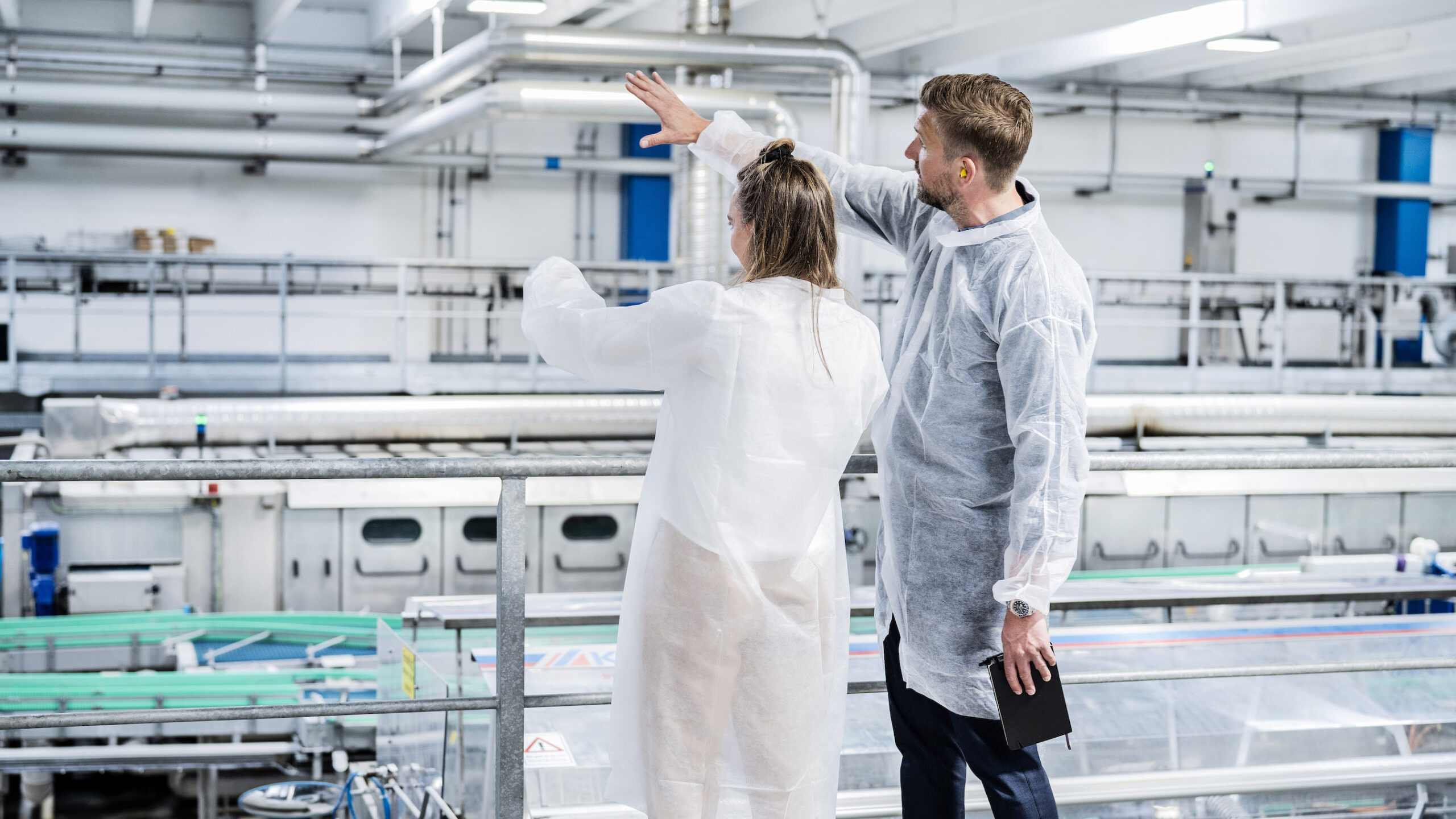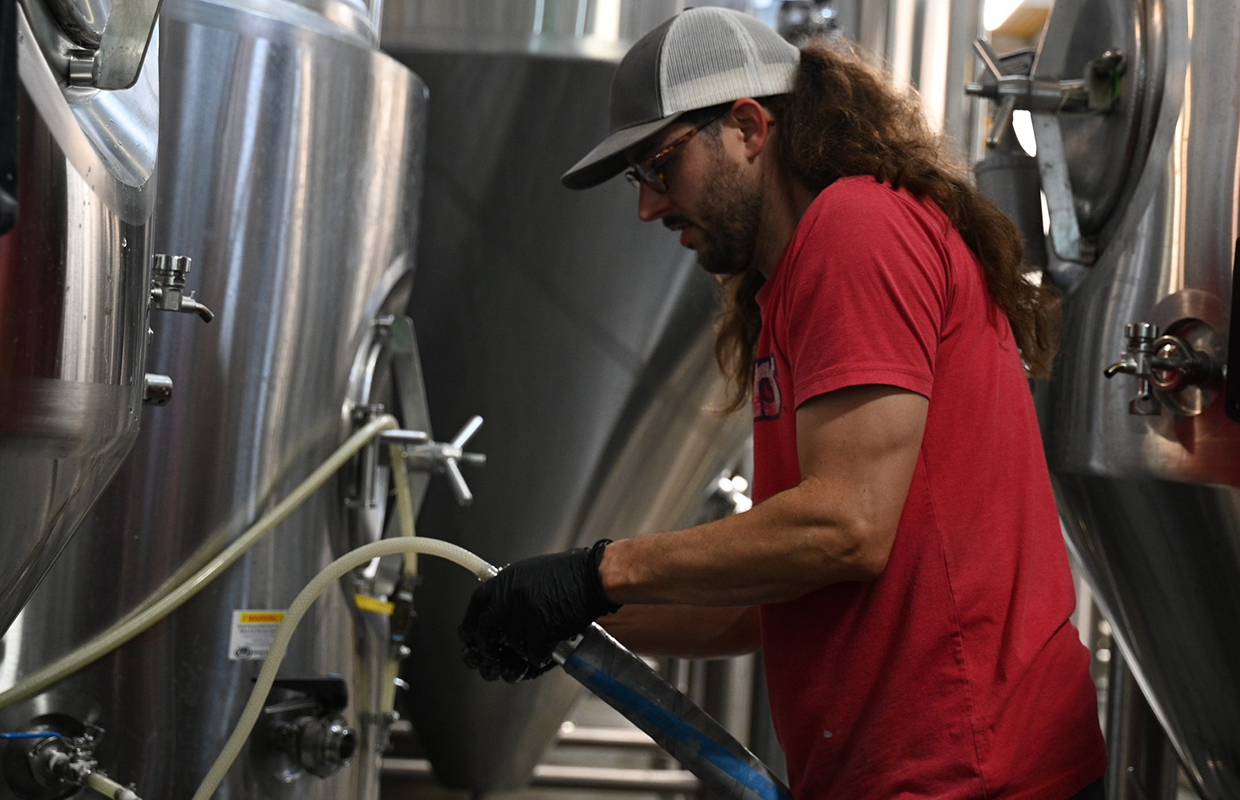
A new report has highlighted a “once in a generation” opportunity for the brewing industry to meet shifting consumer demands for sustainability.
The report ‘Building sustainability into brewing’ has been published by food and beverage manufacturing consultancy, NIRAS, and explores how a combination of new regulation and consumer pressure means that sustainability is fast becoming a “licence to operate”, rather than a “nice-to-have”.
Jonas B. Borrit, vice president, NIRAS, explained that rising demand for a wider variety of beer products, as well as booming sales of low- and no-alcohol drinks, was making sustainability a bigger challenge for brewers. He said:
“Sustainability is clearly a key consideration for businesses across all sectors and for resource-intensive manufacturers like breweries, it’s no longer a nice to have, but is fast becoming a licence to operate. Stronger consumer appetite for variety over volume has undoubtedly created commercial opportunities for breweries, but producing up to 100 different varieties of beer in a large-scale plant means that short production runs will require more energy and water.
“Despite these challenges, there’s a once in a generation opportunity for large-scale brewers to set the standard for the industry. This will enable them to meet regulatory requirements and voluntary sustainability goals, while building loyalty in a competitive market.
“There has been a huge shift in production processes and technologies to make it possible to drive down energy and water consumption, reduce waste and maximise efficiency. Embracing this progress will be key for the industry to continue to innovate on product development and growth, while meeting consumer expectations around variety and sustainability.”
Generating a return on investment
The report explores how the industry can approach key sustainability challenges like maximising energy efficiency and minimising water consumption, as well as how brewers can approach CapEx and OpEx projects to improve existing facilities or build new plants to meet sustainability goals.
Jonas explained that the move towards sustainability is impacting large and small brewers differently. He said:
“Some small breweries may have incorporated sustainability into their identity but now face the prospect of remaining sustainable as they scale up. Others may face limited resources and restricted facilities, meaning they are particularly vulnerable to changes in regulations and consumer expectations because it’s too costly to catch up.
“The large brewing groups have better access to loans and investment to drive the sustainability agenda. They do, however, face the challenge of balancing the needs of different stakeholders across sites and territories.
“There’s no doubt there are a number of obstacles for breweries looking to become more sustainable, but it’s clear that the industry has a huge opportunity to engage the next generation of customers and make sure the industry is sustainable in every sense of the word.”
To download the full report, ‘Building sustainability into brewing’ visit https://www.niras.com/sectors/food-and-beverage/brewing-report-2023/
NIRAS will be exhibiting at Brau Beviale in Nuremberg from 28 – 30 November 2023, visit booth 7-845 to meet the team.






Be the first to comment